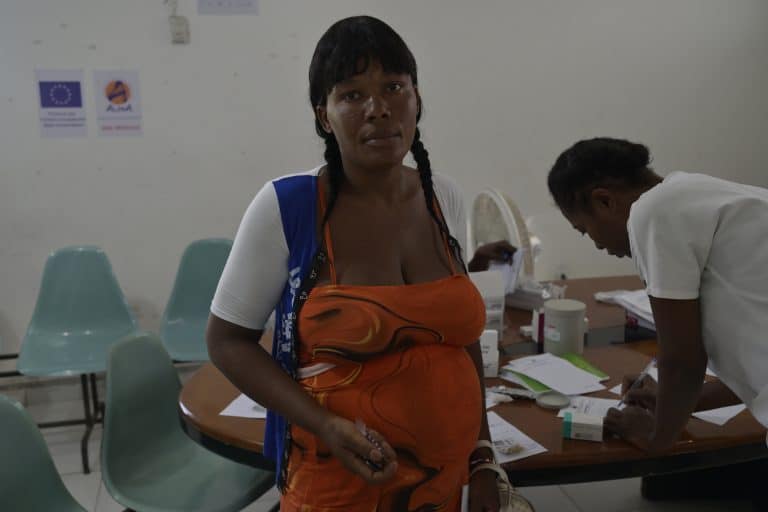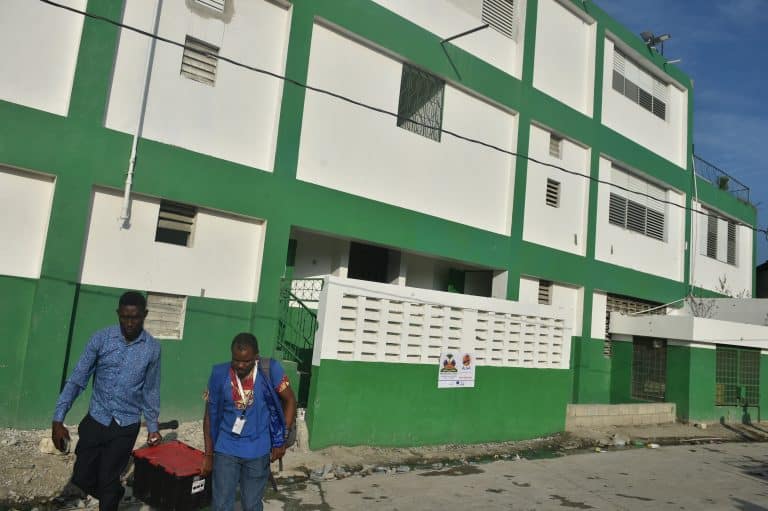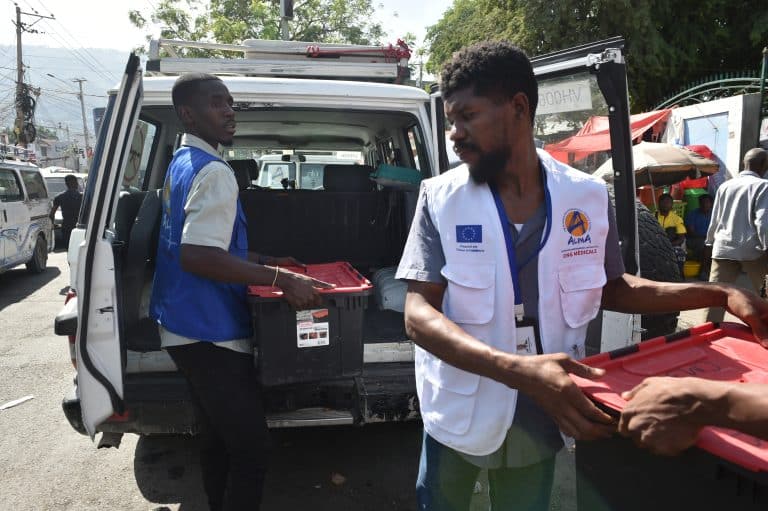We spoke with Dr. RHISSA ZAKARA Amadou, Head of Mission for ALIMA in Mauritania, who shares a worrying picture of the situation in the Hodh el Chargui region, in the country’s southeast.
He describes the efforts made to address needs and warns of the urgent call for funding to continue to provide dignified care to populations who have already suffered greatly.
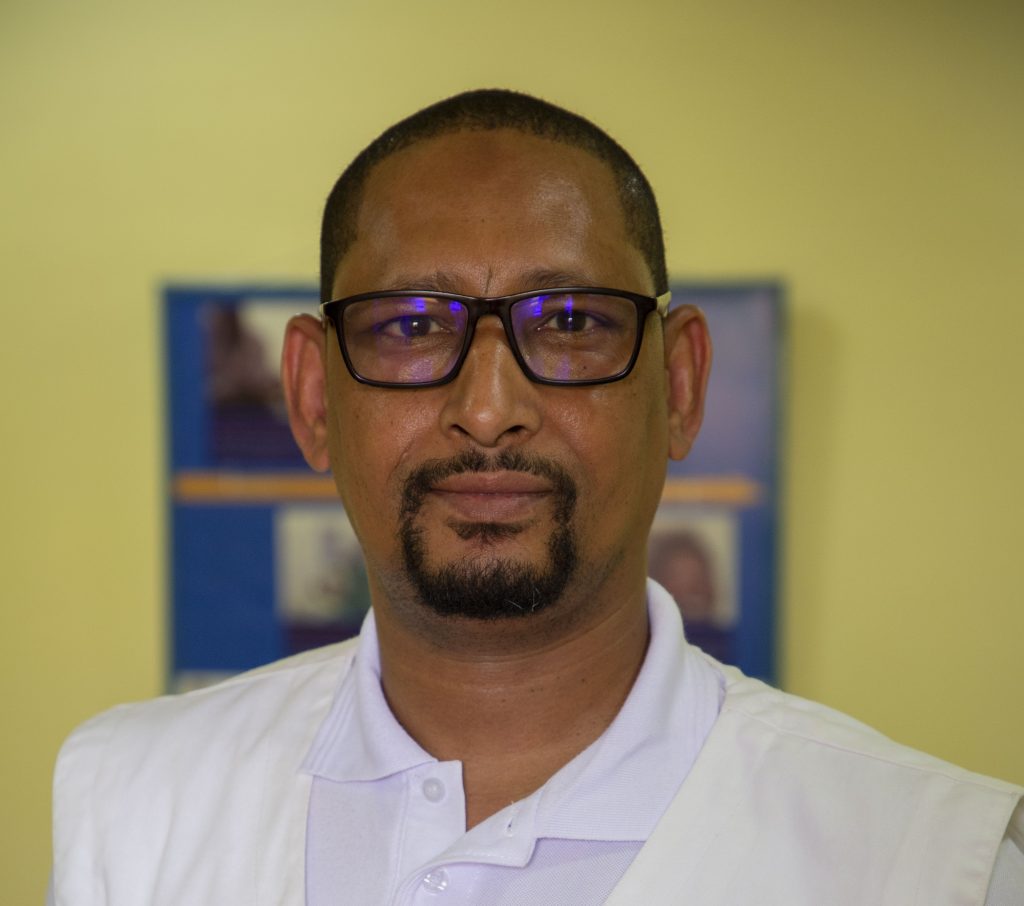
What is the situation of Malian refugees in the region?
Mauritania faces a complex humanitarian situation, with over 288,000 registered refugees, mainly from Mali. These people are fleeing violence and insecurity in their countries, and more than half are children. By the end of 2025, the country is expected to shelter around 318,000 refugees.
The situation in the Hodh el Chargui region is worsening. The Mbera camp, originally designed for 80,000 people, is now home to over 116,000, well over its capacity. Around the camp, over 164,000 refugees are living in 69 surrounding villages*, often in extremely precarious conditions. This massive demographic pressure is causing severe shortages of food, water, and healthcare. The health of the population, both local and refugee, is at risk. Women and children are especially vulnerable to epidemics, malnutrition, and preventable illnesses.
How are ALIMA teams responding on the ground?
Present since 2019, ALIMA has gradually expanded its operations: initially supporting the Mbera camp, it is now extending to the surrounding villages. Our teams are helping various health centers and deploying mobile clinics in several villages. Nutrition and vaccination (measles, diphtheria, whooping cough, etc.) are top priorities to protect children.
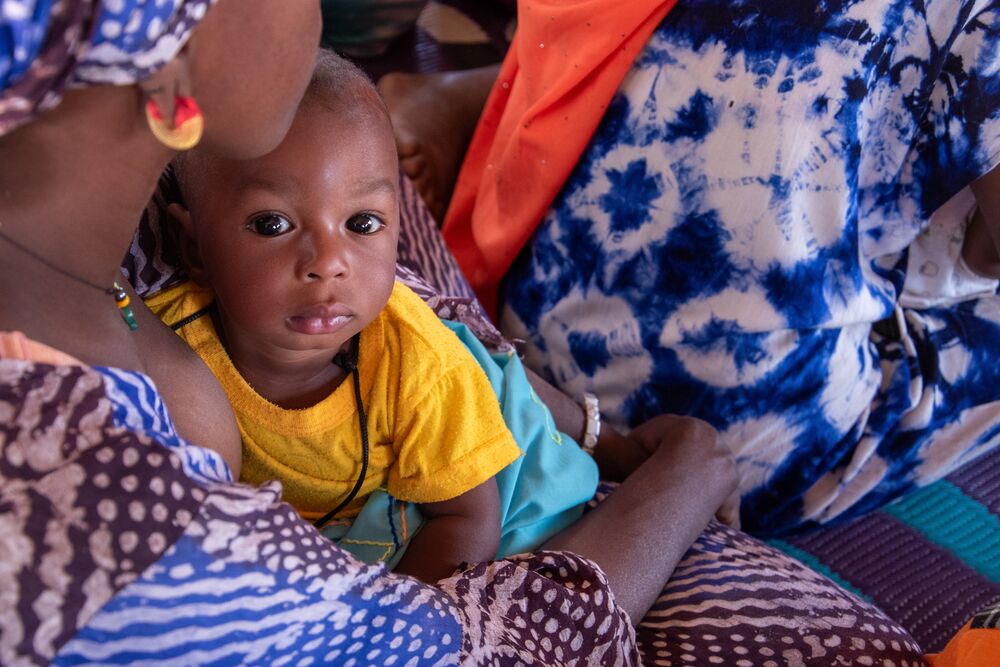
In 2024, over 6,000 children suffering from acute malnutrition were treated, and emergency medical care was provided to thousands of refugees. However, without more funding, these actions are at risk. Last year, only 51% of the humanitarian funding requirements were met.
What makes ALIMA’s approach unique?
Our strength lies in our close connection with communities. Our teams are perfectly integrated into the local social network. They are highly skilled in their fields and are accepted by local actors and patients. This ensures that the impact of our work is sustainable. Some former refugees now work for ALIMA.
Fatma Mint Salek, a midwife and former refugee, is a great example. She has a deep understanding of the realities and challenges faced by refugees. Thanks to ALIMA’s mobile clinics, she provides treatment to women, wherever they are.
“I remember a pregnant woman, lying alone on the sand. We helped her get back up. I was with her until she gave birth. She was able to deliver her baby in dignified conditions. I’m proud of that.”
Fatma Mint Salek, midwife for ALIMA
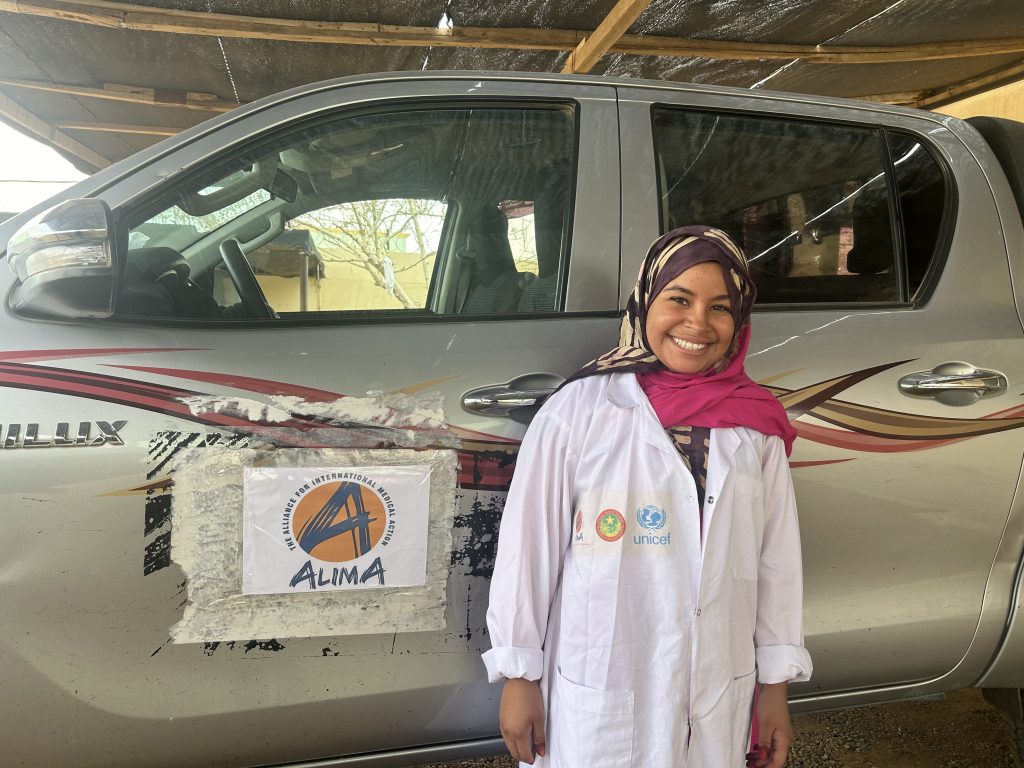
What are the main challenges?
The lack of funding remains the greatest obstacle. The needs for healthcare, nutrition, vaccination, and psychological support are immense. By 2025, health authorities estimate there could be over 22,000 malnourished children. The epidemiological situation is also worrying: diphtheria, measles, and waterborne diseases are a direct threat to children.
Our goal is clear: to strengthen our presence, improve access to medical and nutritional care, vaccinate, and provide psychosocial care to refugee families, especially for victims of gender-based violence. To achieve this, we must urgently mobilize funding. On the ground, the reality is stark: without more financial support, we will no longer be able to save lives.
The situation is urgent. Without a quick response, thousands of families could face devastating consequences.
* Data as of 28/02/2025, according to the United Nations High Commissioner for Refugees
ALIMA’s projects in Mauritania are supported by UNICEF, the European Union, and GAVI.
Cover photo: Iris X Media for ALIMA
Text: Cora Portais


